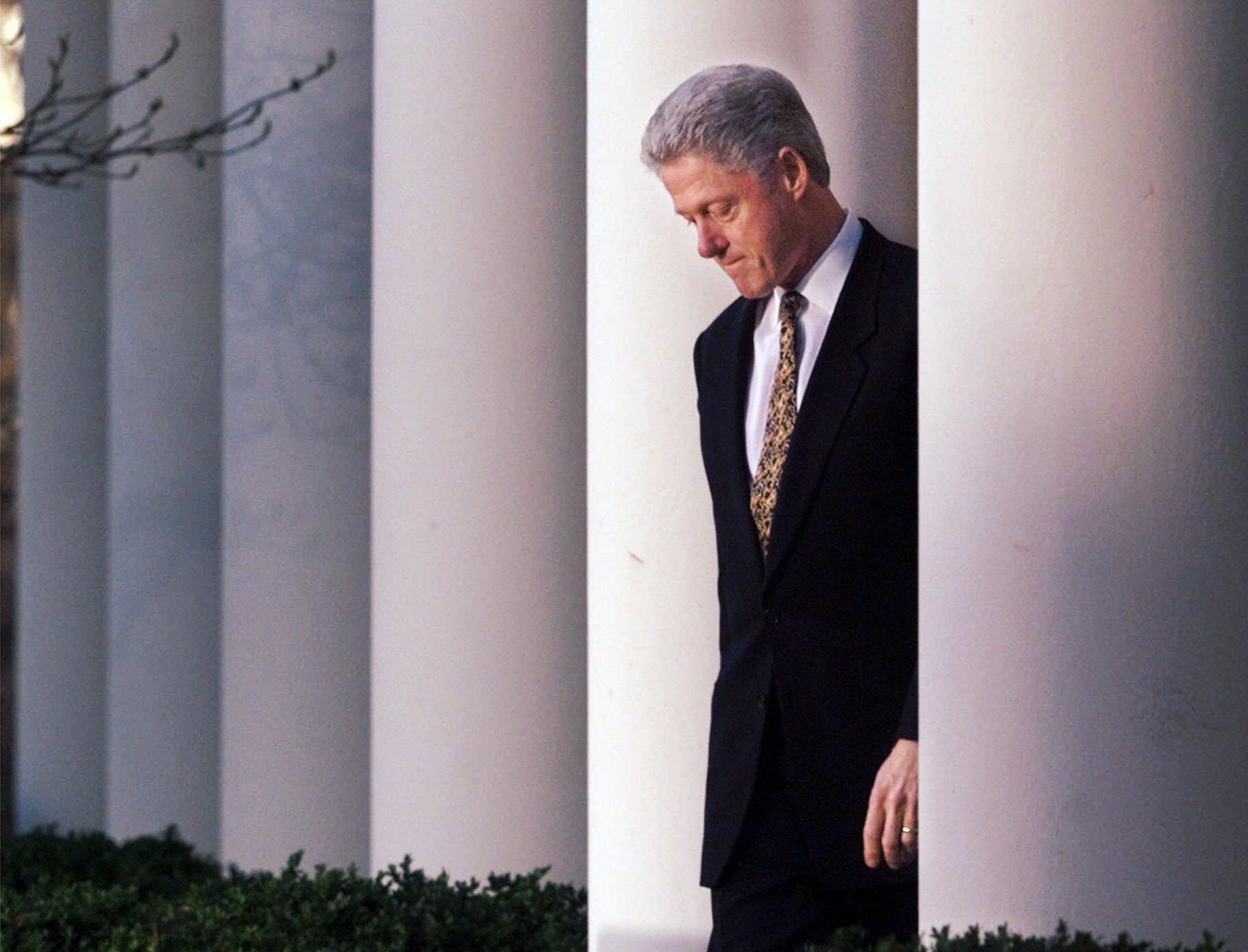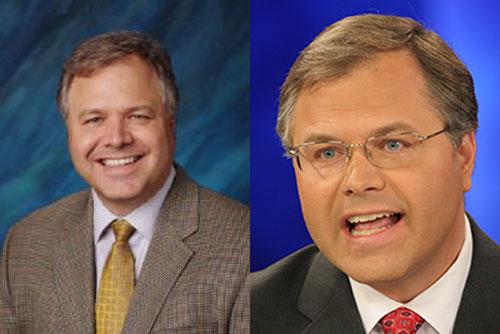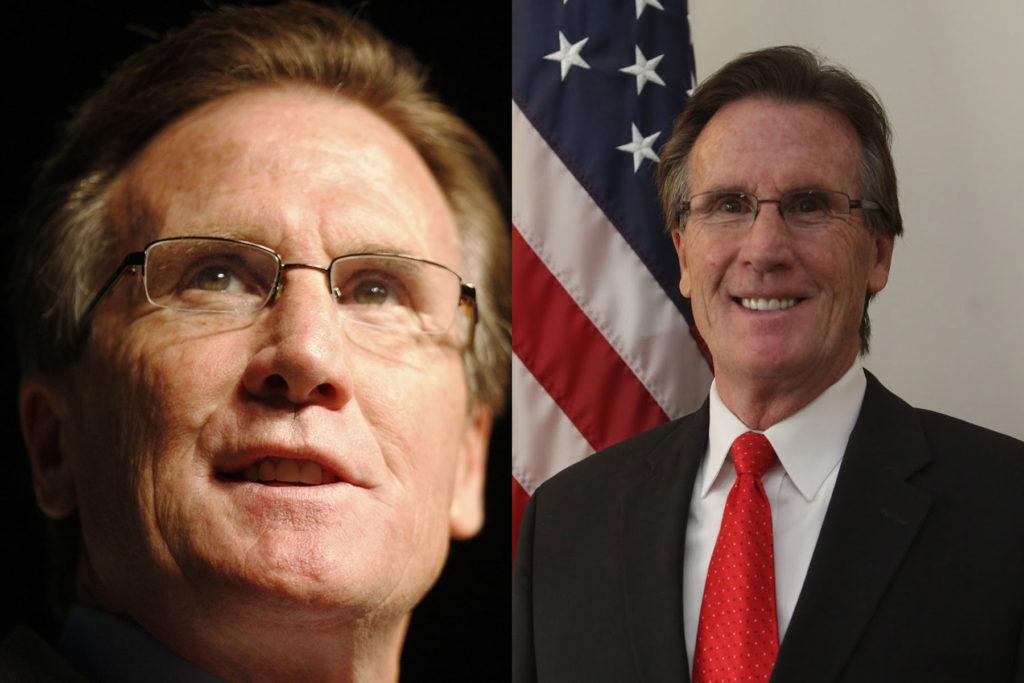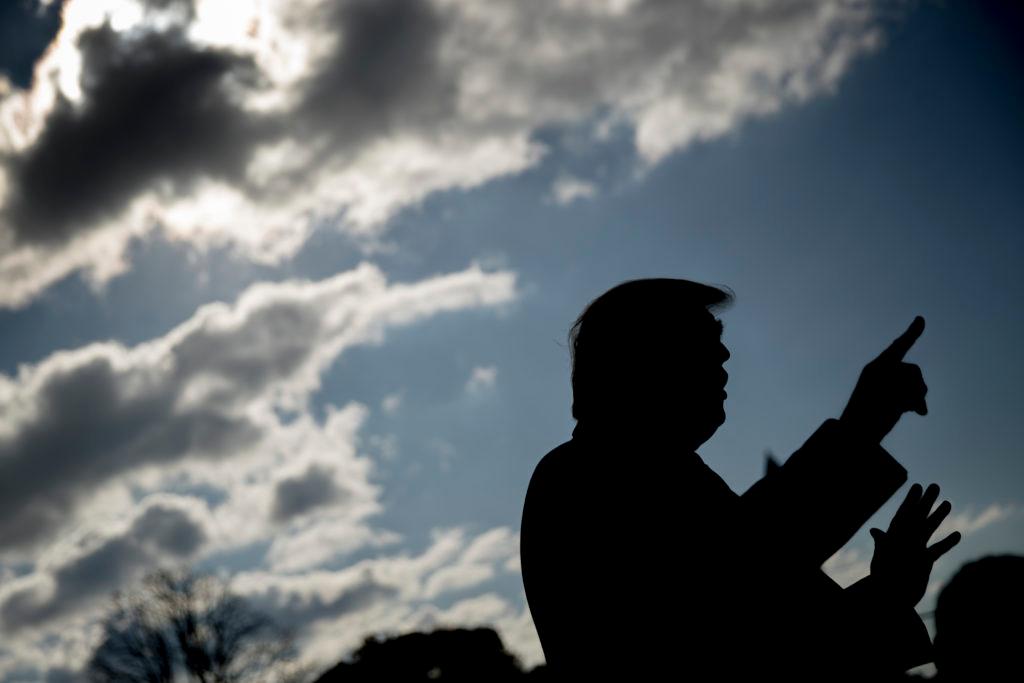
As the impeachment inquiry into President Donald Trump moves forward in Washington, the big debate between Republicans and Democrats remains the fairness of the process. Members of Colorado’s congressional delegation who were in office in the late ‘90s during the Clinton impeachment see similarities and differences.
Republican Bob Schaffer served in the House of Representatives for six years, leaving in 2003. He supported the Clinton impeachment inquiry. One big difference between what happened then and now, he said, is that the House only started its inquiry after the Starr Report laid out 11 possible grounds for impeachment.
“There were findings that preceded impeachment action in the U.S. Congress. And so what's different now is there are no findings — no independent findings — that are preceding impeachment proceedings,” Schaffer said.

Trump was previously investigated by Special Counsel Robert Mueller, but his report is not the basis for this impeachment inquiry. House Democrats started it after a whistleblower complaint surfaced on dealings with Ukraine — making it partisan from the start.
That gets to another difference Schaffer sees between today and his experience: the Republican-led House during the Clinton impeachment followed rules established by Democrats in the Nixon era.
“There was a very bipartisan effort to move forward strictly within those rules that were written by Democrats, but orchestrated and followed by the Republicans that were in charge,” Schaffer said.
So, back then, while Democrats argued that Clinton's transgressions weren't impeachment-worthy, they didn't attack the process. Fellow Republican, Scott McInnis, who served from 1993-2005, also said the process seemed more transparent in those days. In part, because the Clinton inquiry was run by the judiciary committee, and not the intelligence committee, which regularly meets behind closed doors because of the sensitivity of the information it handles.
“The very, basic, basic unfairness of putting this thing in the intelligence community, where a chairman unilaterally, because of the power given to that committee, unilaterally could have these secret closed-door sessions,” McInnis said.
This has been one of the main charges levied by Republicans against Democrats in the Trump inquiry: It’s been too secretive. However, the Nixon and Clinton inquiries also had private phases.

David Skaggs, the former Democratic representative for the 2nd Congressional District from 1987-1999, served on the intelligence committee. He disputed the idea that private impeachment hearings are nefarious or unfair.
“There are hearings and there are hearings,” he said. “So, there are closed hearings when you're basically in investigative mode and you want to be careful what information is heard by and affects the testimony of other witnesses.”
In the Clinton impeachment, the investigation under Starr involved a grand jury, which also takes secret testimony.
Skaggs believes now that the House is moving into the public portion of the Trump inquiry, including allowing the president or his attorneys to cross-examine witnesses, the process will follow what happened in 1998.
“I think it's going to start to look more like — procedurally — more like what preceded the floor votes on impeachment for Clinton,” he said.

But for Skaggs, a key difference is the nature of the charges. Clinton was impeached for lying under oath over personal behavior. With Trump, it’s about official behavior.
One thing does echo today for Skaggs: the partisanship.
“In my memory, it was clear that the Republican majority was hell-bent on getting Clinton. And the procedural stuff was an afterthought,” he said.
Scaggs and his Republican colleagues from the Clinton impeachment do agree on one thing — that there were more bipartisan friendships in Congress during that process, which made it possible for the House to keep working on other issues and move past the impeachment.
That doesn't seem to be the case today.









